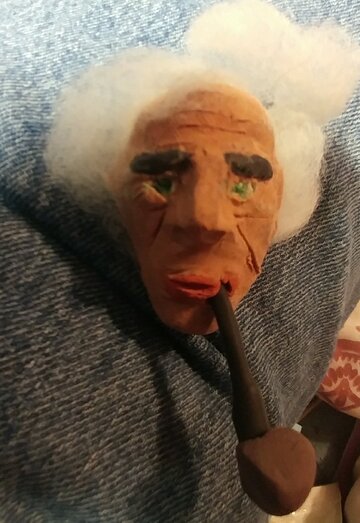Keep going ... because the interesting questions lie in how you know what to copy. How would you know you had built an exact matter duplicating machine? How would you know it duplicated all matter? How do we know we have detected all matter? Suppose there are gagabluons(tm) that we know nothing about and we copy everything but the gagabluons and ... either 1) what a mess or 2) evil Kirk? or 3) Zombie Kirk.
On your view, how do you know?
My view is that we don’t know, at all. Our perceptions are models of what-is. I think our models are very course grained. So we probably would leave stuff out.
The questions is levels though. If we can copy what we need at a course grained level, then we’re fine. If our course grain copying misses fine grained important stuff, then we’re not. We don’t know. I agree.
They would be valuable to the extent that there are no other copies (i.e. if we suddenly found copies where we thought none existed) One is invaluable, two is very very very valuable, etc. See the Dead Sea Scrolls which in a very short time were available in mass edition paperback for a $1.25.
My argument is not about value. My argument is that a copy of the pattern is what’s important, not what the pattern is embodied in. A copy of a book from LOA is just as objectively valuable as the original.
And that's an interesting case. I can argue life extension here but the judges will recognize consequences in other kinds of cases. However, they still have to deal with the identical person as an individual, what is he entitled to? What do you think? How long would he live though if he is an identical copy to a dying man?? ;-)
The man is dying because he slipped on a banana peel.
Why wouldn't destroying the original be ethical?
Also, why isn't aging a grounds for divorce? When you get a divorce the lawyer asks for cause - it really can be anything, but if I said, well, sir, I married my wife seven years ago today and today everything in her body, which is everything she is, has been replaced and I am certainly not going to remain married to a stranger!
It’s unethical for the same reasons murder is unethical.
I’d love to see someone make that argument in court.
It’s not unlike the joke about the man who approaches another man on the street and says: “hey bill, you’ve gotten taller. And shaved your head. You wear glasses now!”
“My name’s Sam!”
“I’ll be, you even changed your name!”
@Soupie this is in relation to my questions above:
1. if we apply this process to a cup of hot coffee, is the copy also hot?
2. do we know that an atom or quark by quark replacement process will carry over that which maintains the pattern?
This is a very important problem and one that our dear technicians may not be able to overcome. I’m not sure that the direction and momentum of a quark in an atom in a molecule in a cell in an organ in a body can e copied. But then again I’m not sure it couldn’t.
Could a cup of hot coffee even be copied, yes, good question. It may turn out to be more complex in its own way then a brain.


